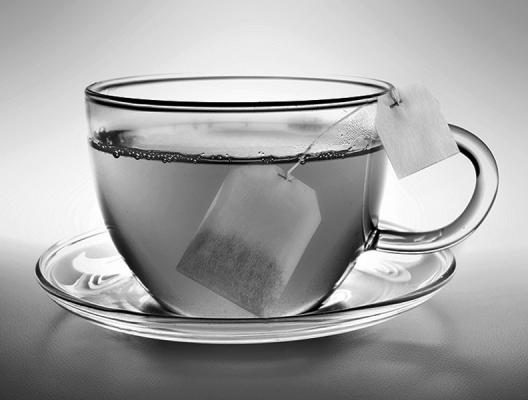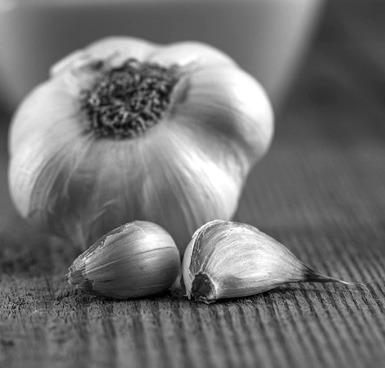Reduce stress for a healthier heart
Body
Whether it’s from everyday deadlines, financial struggles, or the COVID-19 pandemic, stress shows up often in life. And your body reacts to it: your heart rate increases, your blood vessels narrow—and over time, these little blows can add up and do damage to your health, particularly your heart. With chronic stress, you’re more likely to have high blood pressure, heart disease, diabetes, obesity, and poor sleep. Even other parts of your body – from your lungs to your gut – can take a hit.





